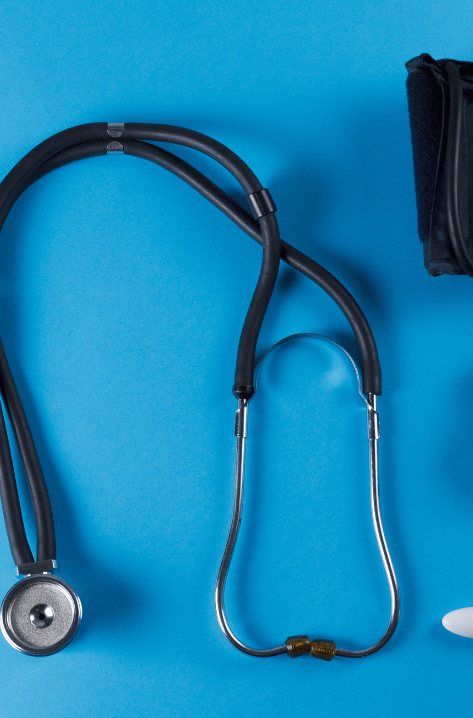Türkiye Introduces New General Aviation Security Measures to Meet International Standards
17.05.2021
The Regulation on Security Measures Regarding General Aviation Air Transport ("Regulation") was published in the Official Gazette dated 8 May 2021, numbered 31478.
The Regulation sets out procedures and principles regarding security measures within the scope of general aviation and air taxi services.
Flight activities carried out by state aircraft under the Regulation on State Aircraft, and general aviation transportation activities and air taxi operations in security-restricted areas are not covered by the Regulation.
What Are the New Security Measures?
Pursuant to the Regulation, new fundamental security precautions regarding general aviation ("GA") are as follows:
- GA terminals must be separated into domestic and international lines insofar as physical circumstances permit, and precautions must be taken to avoid contact between departing and arriving passengers.
- GA terminals should be established at airports yet to be built, and a specific lounge should be created for transit/transfer passengers.
- Cargo and passenger drop-offs/pick-ups cannot be made outside of the apron and must be audited by a surveillance video system.
- Aircraft traveling to security-restricted areas of an airport from non-security-restricted areas must be parked separately and subjected to security checks.
- Aircraft alighting at an airport without a flight plan must be identified and reported to the Directorate General of Civil Aviation.
Notification of Passenger Lists and Airline Declaration Forms
In accordance with the Regulation, while a passenger list ("List") must be submitted to an airport’s police department and immigration authority, airline declaration forms ("Form") and annexes such as cargo manifests and crew lists must be presented to the customs office on international flights at least two hours before departure time. Carriers or ground handling companies must submit a List of domestic flights to airport police at least one hour before departure.
Moreover, passenger identity checks must be performed in line with the List submitted, and any discrepancies in identity information will result in passengers being prevented from boarding a flight.
For flights arriving at international terminals, a List must be presented to the relevant authorities, and a Form and its annexes must be shared with the customs office at least 30 minutes before the departure time. On domestic flights, documents must be submitted to the airport police department.
If said documents are not presented, passengers will not be allowed to disembark, and passport and customs procedures will not be initiated.
Lastly, carriers must keep Lists and Forms electronically and in printed form. They are liable to keep them for five years to submit to competent authorities upon request.
Security Measures Based on Risk Assessment
As various segments of GA may differ in terms of risk level, security measures regarding GA activities are taken according to a risk assessment system. The status of risk is determined by competent authorities separately for landing and take-off, in accordance with the grades. Additionally, an airport’s local authority is entitled to take additional precautions with regard to the profile of the carrier company, passengers, or security intelligence information received.
Transit/Transfer Flights
Aircraft that have stopovers in Türkiye are subject to control by custom-house officials before departure to determine whether there are any passengers or cargo not included on the Lists or Forms and annexes. Within the scope of a risk assessment, additional competent officials may participate in an audit.
Passport, visa check and customs procedures for the transfer of passengers must be carried out at designated points and aircraft must be inspected once passengers disembark. Additional measures may be taken according to risk assessment results.
Parking of Aircraft
Pursuant to the Regulation, parking spaces for GA aircraft must be monitored with high-resolution cameras. As a result of parking space risk assessments, airport security units may patrol the area.
The camera recordings of aircraft parking spaces and passenger and cargo areas must be retained for ten years and submitted to the competent authorities upon request.
Furthermore, GA aircraft cannot be placed into a hangar without passenger and cargo checks on the apron.
Conclusion
Providing effective GA security is a complex issue when the size of an airport, diversity of passengers, and crowded flights are considered. Common basic standards, such as screening of passengers, aircraft security checks, or designating a national aviation authority, are crucial prerequisites to reducing risks.
The new security measures introduced by the Regulation show that Türkiye intends to enforce the common rules and international standards on GA security. There is no doubt that these regulatory reforms will lead to an improvement in the quality of the Turkish GA security system and a reduction in the risk of violations in GA operations.
On the other hand, since the time factor plays a significant role in air travel, improving GA security without unduly affecting air transport remains an important challenge. According to ICAO Annex 17, each contracting party should prioritize the time factor, while implementing security measures.
Consequently, it is clear that the new Regulation aggravates the liability of all stakeholders in GA operations, and the importance of taking concrete steps to comply with the rules is once again emphasized.



